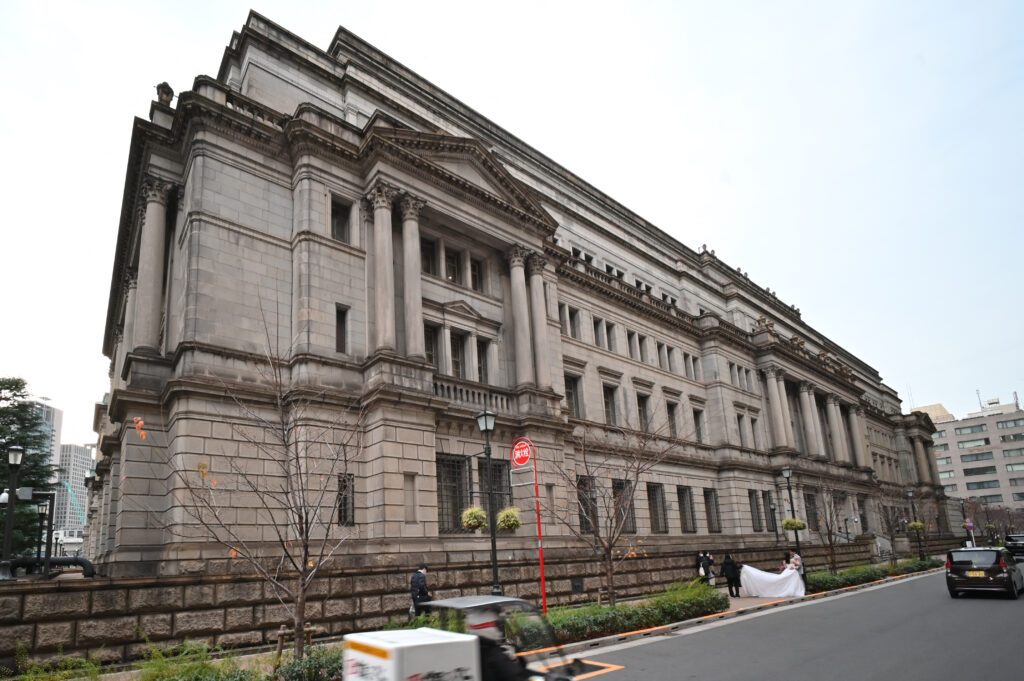
- ARAB NEWS
- 18 Jul 2025

TOKYO: The Japanese government kept its basic economic assessment unchanged in a monthly report released Friday, while stressing close cooperation with the Bank of Japan to overcome deflation.
“The Japanese economy is recovering at a moderate pace, although it recently appears to be pausing,” the Cabinet Office said in the March report, using the description for the second consecutive month.
On its policy stance, the government said in the report that it “will continue to work closely together” with the BOJ, which decided earlier this week to end its negative interest rate policy and mark its first interest rate increase in 17 years.
To bring an end to deflation and transform the Japanese economy into a new growth-oriented economy, the government said it “will mobilize all possible policy measures.”
In the latest report, the government deleted a description of the “three arrows” of the Abenomics economic policy mix initiated by the late former Prime Minister ABE Shinzo–bold monetary policy, flexible fiscal spending and growth strategy.
The deletion, which came after BOJ Governor UEDA Kazuo told a press conference Tuesday that the central bank’s unprecedented massive monetary easing campaign of 11 years since April 2013 “has fulfilled its role,” further bolstered the image that the country is in a phase of change regarding economic and monetary policies.
The next focus will be on when the government will declare that the Japanese economy has overcome deflation.
In the March report, the government raised its assessment on business investment for the first time in 17 months, saying that it “shows movements of picking up.” In last month’s report, the government said that the pickup in business investment “appears to be pausing.”
“With the corporate sector continuing to perform well, semiconductor and automobile-related firms have started to invest in new plants and other facilities to strengthen production capacity, and progress has been made in contract fee payments,” a Cabinet Office official said.
Investment sentiment among companies remains bullish, the official added.
The government lowered its view on imports, saying that these have been in a weak tone recently. The February report said that imports were basically flat.
The lower assessment reflected a decline in imports from Asia of such goods as mobile phones and auto parts, as well as a sharp drop in imports from Europe.
“In addition to a lull in imports from the European Union of vaccines and other pharmaceutical goods, disruptions to Asia-Europe maritime transport caused by attacks in the Red Sea by Yemen’s Houthi (militants)” dragged down imports from Europe, the Cabinet Office official noted.
The assessments for all other categories, including industrial production, were kept intact.
The official said that the effects of plant suspensions at some Japanese automakers following a string of testing scandals continued to weigh down on production, but noted that auto output is gradually recovering.
The plant halts are also pushing down private consumption, as transport machinery makes up a notable share of all consumption, the official added.
The government maintained its outlook that the country’s economy is “expected to continue recovering at a moderate pace with the improving employment and income situation,” and that full attention should be given to the economic impact of the magnitude-7.6 earthquake that struck central Japan’s Noto Peninsula on Jan. 1.
JIJI Press